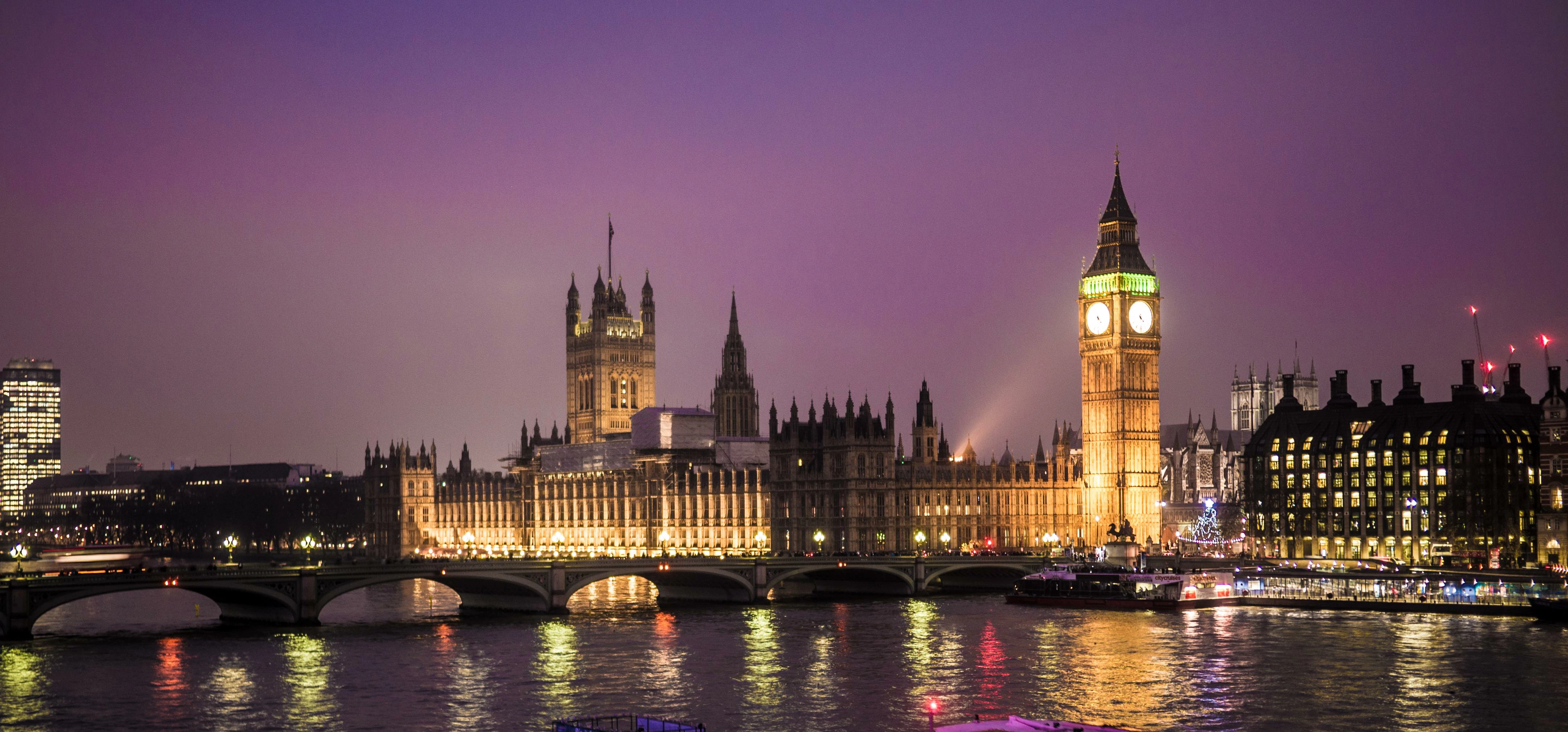
Industries benefiting from Brexit
As most media coverage rightly shows, Brexit is not going well so far. With the government still scrambling to make some sort of plan, and the economy still in turmoil, many industries are pessimistic about the future of this country. We shouldn’t be surprised by this. 1,200 business leaders backed Remain in the EU referendum, warning that a Leave result could be devastating for the economy. And so far these leaders have seen little to prove their fears wrong.
There are, however, some industries that have actually benefitted from Brexit so far. In many of these cases, this is largely due to the fall in the value of the pound or uncertainty in the FTSE 100, so perhaps in these benefits will be short-lived. Still, at least some industries have something to be happy about at the moment.
1. Wine investment
Since June 24th, the once-lucrative world of fine wine investment has made a comeback. As made plain by the Liv-ex Fine Wine 100 index, the value of the most sought after wines has reached its highest level since 2012 after a huge post-Brexit boost.
As City AM explains, this rise in wine investment was likely spurred byuncertainty around more traditional investment choicesafter the Brexit vote. With the FTSE 100 plummeting, investors brought about what the Financial Times called “a wave of risk-aversion”. As experts at The London Wine Cellar explain, there are two ways to invest in wine: one is to buy bottles and hope they increase in value, the other is to buy shares in wine investors’ funds. In the wake of Brexit, many financiers opted for the latter over the more traditional stock options they would usually buy.
Though many FTSE 100 businesses have since regained their pre-Brexit standing, the Fine Wine 100 has continued to climb, suggesting that many who switched to wine investment as a safety measure have decided to keep these shares in their portfolio. Perhaps those in this industry will continue to clean up, even as Brexit negotiations get messier.
2. Motion Pictures
Pinewood Studios, the home of James Bond, Star Wars and a magnitude of modern blockbusters, has said that the drop in the value of the pound has meant it is cheaper for Hollywood productions to shoot in the UK. As a result, more and more US production companies are choosing to shoot films there.
Indeed, since Brexit vote, Steven Spielberg crossed the Atlantic to film the Oklahoma-set sci-fi thriller Ready Player One in Birmingham, and Michael Bay controversially filmed scenes from the upcoming Transformers sequel on the recently-closed-to-the-public Tower Bridge.
With the latest Star Wars sequel currently shooting at Pinewood and countless more films lined up to shoot in the UK, this is one industry that is flourishing despite Brexit.
3. Tourism
David Cameron spent years urging Britons to holiday in their own country. As it happens, all it would take for them to start doing this was a Brexit. Thanks to the weaker value of the pound against the euro, many Brits are choosing to holiday at home because European holidays have become too expensive, according to hotel industry experts Big Hospitality.
It’s not just Brits that are taking advantage of cheap UK holidays; overseas visitors have also taken note. A retail tourism analyst found that tax free shipping to Asia and the USA has increased by 7% since Brexit, with many more tourists coming from these areas too. The number of Japanese visitors to the UK has seen a post-Brexit rise of 96%, for example.
Again, this is a small win for the industry, because as the pound regains its value, these benefits may fall away. On the other hand, if the government does not have a good deal in place by the time the negotiation period stipulated by Article 50 runs out, the pound may weaken once again, and these industries could see an even bigger boost.
This was posted in Bdaily's Members' News section by Caitlyn Stevens .
Enjoy the read? Get Bdaily delivered.
Sign up to receive our popular morning National email for free.








 Raising the bar to boost North East growth
Raising the bar to boost North East growth
 Navigating the messy middle of business growth
Navigating the messy middle of business growth
 We must make it easier to hire young people
We must make it easier to hire young people
 Why community-based care is key to NHS' future
Why community-based care is key to NHS' future
 Culture, confidence and creativity in the North East
Culture, confidence and creativity in the North East
 Putting in the groundwork to boost skills
Putting in the groundwork to boost skills
 £100,000 milestone drives forward STEM work
£100,000 milestone drives forward STEM work
 Restoring confidence for the economic road ahead
Restoring confidence for the economic road ahead
 Ready to scale? Buy-and-build offers opportunity
Ready to scale? Buy-and-build offers opportunity
 When will our regional economy grow?
When will our regional economy grow?
 Creating a thriving North East construction sector
Creating a thriving North East construction sector
 Why investors are still backing the North East
Why investors are still backing the North East